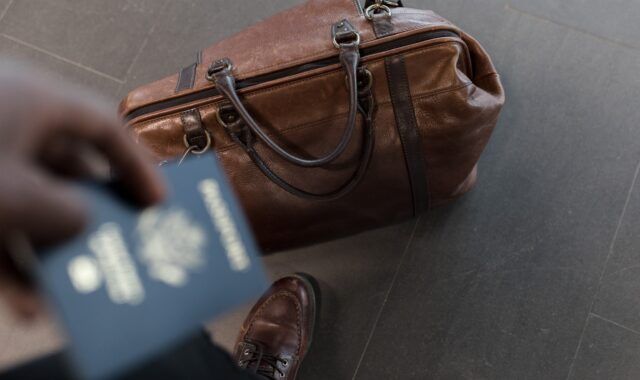5 Finance tips for people looking to relocate to a new country

Whether it’s to study, work or permanently, moving to a new country can be a thrilling new experience for you. To have a better experience, it is important to take time to prepare and get your finances taken care of first.
The first thing you need to realize is that while leaving the country for a better life is a good decision, you need to plan every step of your actions along the way. Right from purchasing a ticket to getting settled in the country you have chosen. This would lead you to thinking about one of the most important factors when relocating; finances. Here are some important things to consider before moving to a new country:
1. Take your finances online
Since you would be moving to a new country, on-site banking transactions within your home country will be impossible to execute and leveraging online financial services will be your best bet. This allows you to manage your finances efficiently even when in a new country.
If you’re yet to get familiar with online banking, this is a good time to start trying it out.
2. Don’t Ignore your debts
It goes without saying that moving to a new country and ignoring the debts you owed prior to moving is a terrible idea. If you know you have debts to settle within your home country, tell your bank or whoever you owe about your intentions to relocate to a new country and have them work out a plan to facilitate payments while you are in the new country.
3. Don’t rush to closing your bank accounts
One mistake that’s very easy to make when relocating to a new country is closing all your bank accounts before moving out. Why is this a mistake? It’s a mistake because it can have a negative impact on your credit score. In some countries, your credit score records can determine if you are eligible for certain financial or even accommodation services. It’s always a good idea to protect your credit score.
Also, you may find that having a bank account in your home country may still hold some benefits in the future. However, if you have a lot of bank accounts and need to close some of them, do not close them all at the same time.
4. Stay in contact with financial institutions
Before you move out to the new country, inform all of your financial service providers of your plan. Failure to do this and your bank may freeze your account when you try to access it from the new country.
If your bank requires you to have an address within your home country, you may have to consider changing it to a trusted relative's address. Opt-in for online banking and communication so you do not miss out on any important updates from your bank.
5. Get a job
As simple and short as that sounds, getting a job before you leave to the country you are relocating to will save you a lot of stress and trouble. Some jobs might come with accommodations while others might not but regardless of that, at the end of the day, you get paid and that will ensure you settle in and stand on your feet quicker than not having a job.
That you are seeking to relocate is a good idea but ensure that you only do so when you are ready and prepared, especially where finances are concerned.

